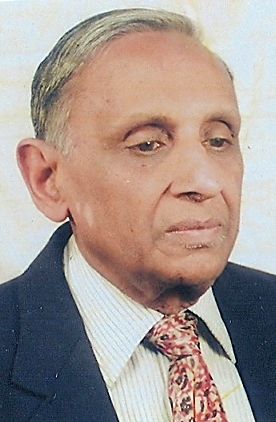
R C Mody is a postgraduate in Economics and a Certificated Associate of the Indian Institute of Bankers. He studied at Raj Rishi College (Alwar), Agra College (Agra), and Forman Christian College (Lahore). For over 35 years, he worked for the Reserve Bank of India, where he headed several all-India departments, and was also Principal of the Staff College. Now 82 years old, he is busy in social work, reading, writing, and travelling. He lives in New Delhi with his wife. His email address is rmody@airtelmail.in.
 India would be independent one day. This was the fond hope, in fact a dream, with which most Indians of my generation grew up. But this dream kept on eluding us.
India would be independent one day. This was the fond hope, in fact a dream, with which most Indians of my generation grew up. But this dream kept on eluding us.
Every time freedom appeared to be close in the 1930s and early 1940s, there would be a setback, with the British throwing back the leaders of the Independence movement back into jail. And then for long, nothing would be heard about it. The cynics would say, “The British will never leave India.”
When World War II ended in 1945, it seemed that the British had finally decided to leave. There was only one lone protestor in Britain, Winston Churchill, who was ignored by the new British Government formed at the end of the war.
Editor's note: The Viceroy met with several Indian leaders on June 3, 1947. The minutes of that meeting are attached below. Source:http://www.bl.uk/reshelp/findhelpregion/asia/india/indianindependence/indiapakistan/partition6/index.html This is followed by the broadcasts that took place later in the evening. The statement issued by the British Government on June 3, 1947 is also attached.